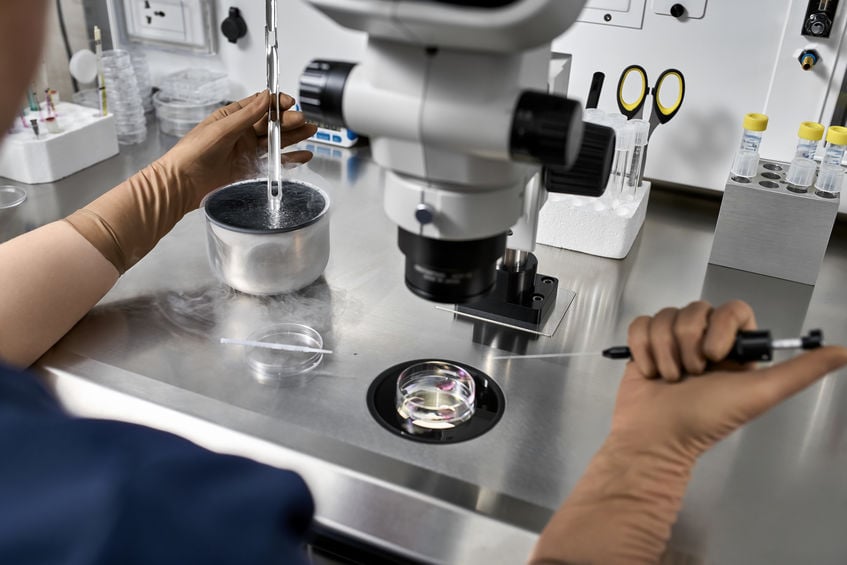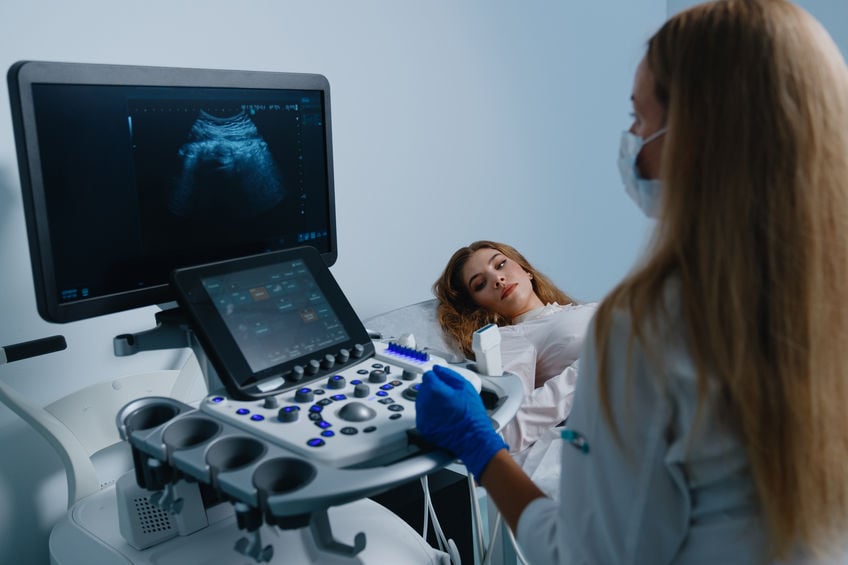Is Low Body Fat A Cause for Concern?
Female athletes are some of the top performers in the world. While there is some tremendous upside, there are also some challenges. Surprisingly, fertility is a common concern. Elite sportswomen have more problems getting pregnant than everyday women. Often there is a connection to both low body fat and hormones, thanks to intense exercise. Luckily, there are a few methods that can improve the chances of conceiving.

Athleticism and fertility
A woman is known to have fertility issues after trying to get pregnant naturally for at least 12 months. Infertility can have many causes, both lifestyle and medical-related. Some of these reasons can be triggered by hormonal changes due to physical activity. Low physical activity increases bodyweight, which in turn affects pregnancy. On the other hand, moderate physical activity gives women better insulin function and improved hormonal conditions for fertility. On the extreme end, athletes tend to have reduced ovulation due to increased testosterone in the body. Finding the right balance can help with fertility.
Low body fat and pregnancy
Low body fat sounds like a good thing, but with pregnancy can cause some setbacks. High levels of physical activity leave minimal energy to maintain the hormonal requirements for fertilization. However, the decrease in fertility is temporary and restores when weight is gained. Low body fat can also cause irregular periods or periods to stop, which indicates that the body is not ovulating. Typically most women with a low BMI during pregnancy are fine, but there is an increased risk of miscarriage. In these cases, some supplements can help manage the delicate balance.
Try these handy fertility supplements
Taking fertility vitamins can often help athletic women with conception where difficulties arise. For instance, there is evidence that coenzyme Q10 (CoQ10) can help with fertility. B vitamins, particularly folic acid, can improve the chances of fertility. A B-complex vitamin with all 8 essential B vitamins will work best. Other key supplements include vitamin C, D, zinc, and calcium. A pharmacist can provide a multivitamin with the recommended daily amounts that can best support reproductive health.
Don't let low body fat hold you back
Being a female athlete can come with various concerns about ovarian health and fitness. The body typically needs a certain amount of body fat to maintain fertility. If family planning is in the immediate future, limiting vigorous physical activity before pregnancy may be best. Adding supplements to an already healthy diet can improve chances even further.





